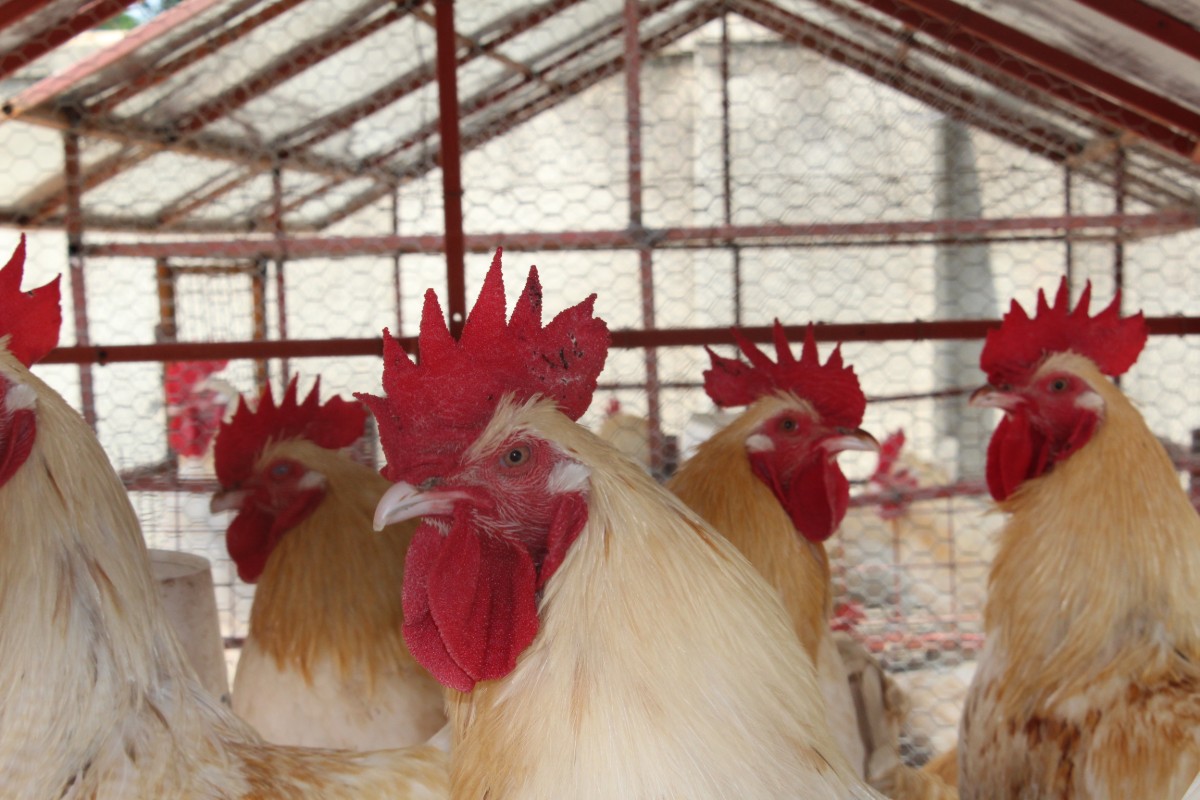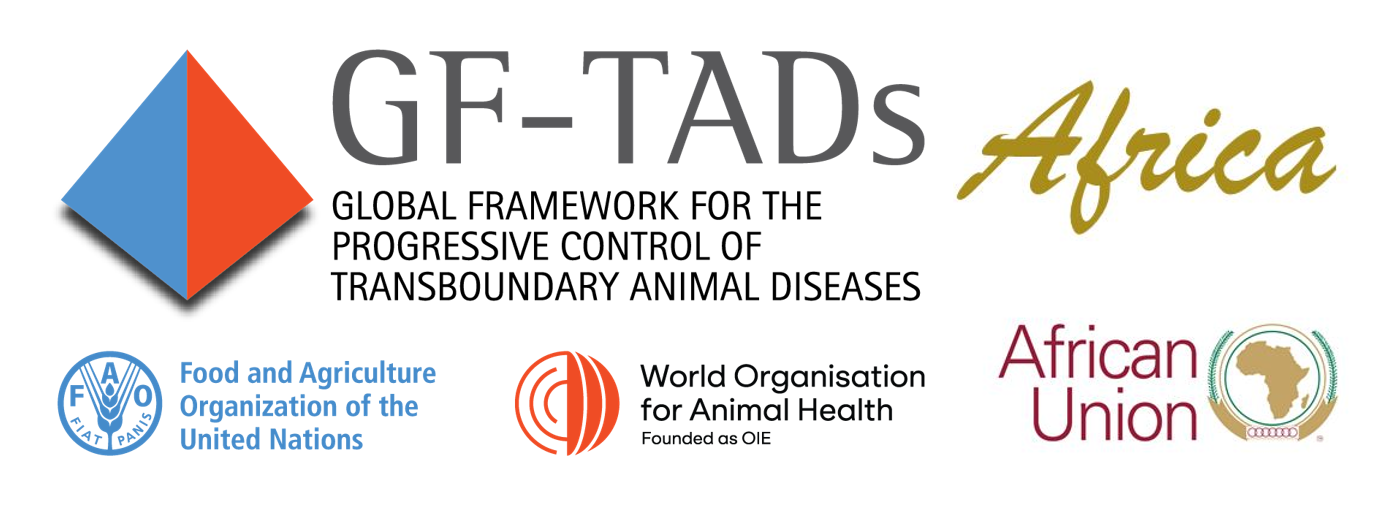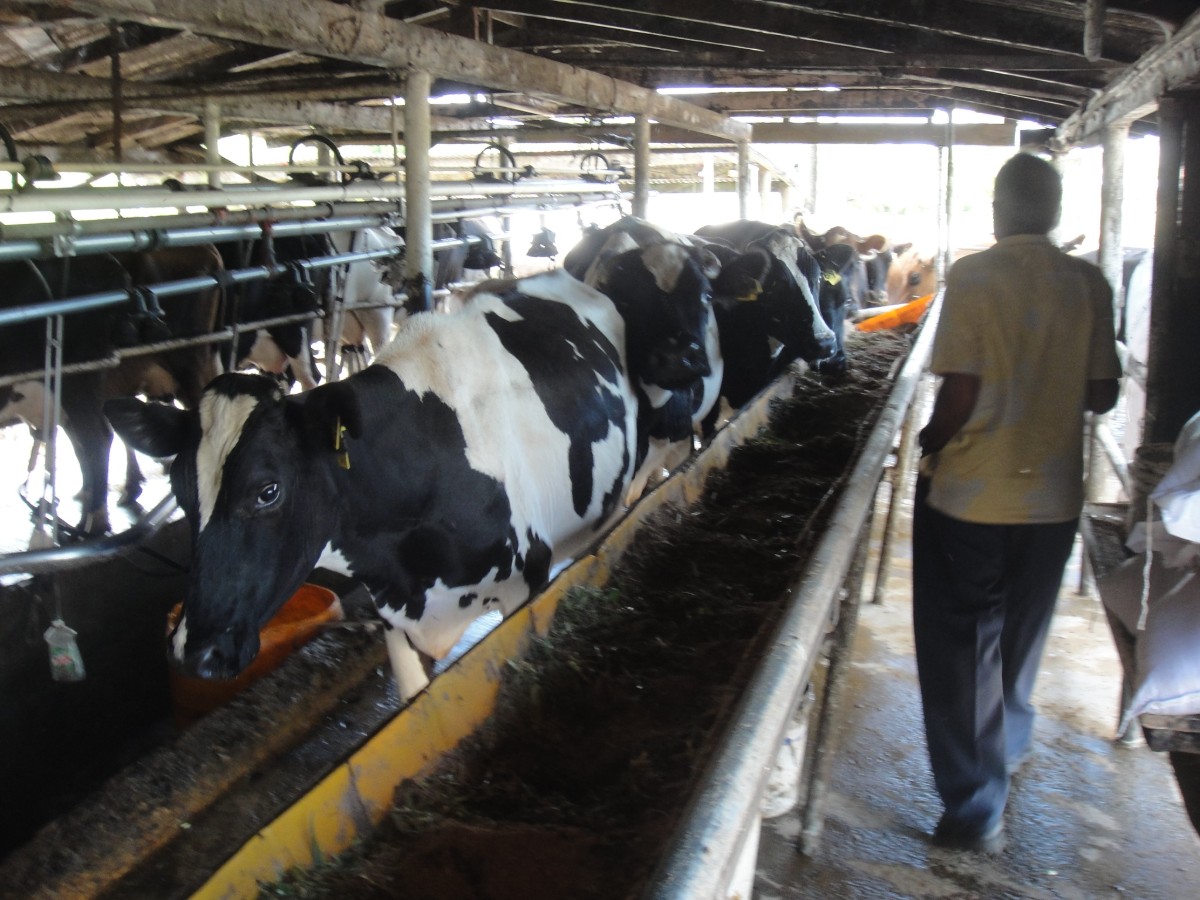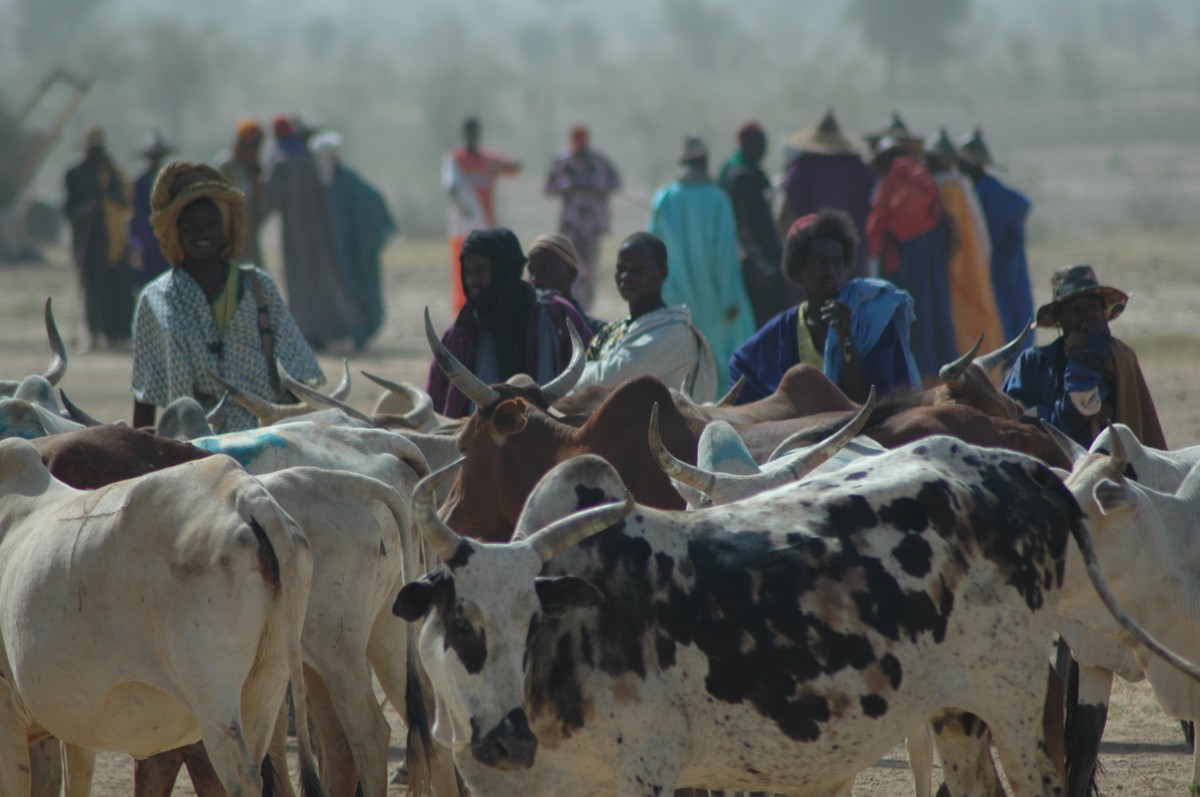
Food and Agriculture Organization of the United Nations (FAO)
World Organisation for Animal Health (WOAH)
The Global Framework for the Progressive Control of Transboundary Animal Diseases (GF-TADs) was launched on May 24, 2004, the signing date of the “FAO-WOAH GF-TADs General Agreement”.
GF-TADs is a joint initiative of the Food and Agriculture Organisation of the United Nations (FAO) and the World Organisation for Animal Health (WOAH) to achieve the prevention, detection and control of transboundary animal diseases (TADs) and in particular, to address their original and global dimensions. The initiative combines the strengths of both international organizations to achieve agreed common objectives.
GF-TADs is a facilitating mechanism which endeavours to empower regional alliances in the fight against TADs, to provide for capacity building and to assist in establishing programmes for the specific control of certain TADs based on regional priorities.
At the Global level, the GF-TADs Global Steering Committee (GSC) provides guidance on technical activities of global scope to be implemented by the GF-TADs Global Secretariat under the supervision and agreement of the GF-TADs Management Committee. More information : http://www.gf-tads.org/
The GF-TADs GSC also provides strategic directions to the Regional Steering Committees (RSC) for the definition of their annual or multi-annual Action Plans and facilitates collaboration and cooperation between the global and regional levels.
Kasosi Farm (Layers) Entebbe, Uganda. Picture (c) P. Bastiaensen (oie) 2018
The revised (2022) GF-TADs Africa Regional Steering Committee (RSC) aims to act as a regional stakeholders’ platform, bringing together the African Union (AU) institutions (AU-IBAR and AU-PANVAC), the eight (8) Regional Economic Communities (RECs) (CENSAD, COMESA, EAC, ECCAS, ECOWAS, IGAD, SADC and UMA) recognized by the African Union Commission (AUC), relevant regional technical and financial institutions (CEBEVIRHA, UEMOA), the Mediterranean Animal Health Network (REMESA), representatives of Member States through the Regional Epidemiology and Laboratory Networks’ Chairpersons, the African Members of the WOAH Council and the Bureau of the WOAH Regional Commission for Africa, the WOAH Regional Representation, the FAO Regional Representation, representatives of the Africa Association of Veterinary Education Establishments (2A2E-V), of the Africa Association of Veterinary Statutory Bodies and of the Pan African Farmers Organisation (PAFO).
The World Bank, the European Commission, the African Development Bank, the Arab Organization for Agriculture Development (AOAD) and the International Livestock Research Institute (ILRI) complete the list of international/multilateral financial and technical partners (members).
Starting from 6 October 2021, for a three-year tenure, the presidency of the GF-TADs is as follows :
The RSC provides a platform for exchange of information to avoid overlap and to build synergies by encouraging the creation of regional alliances and partnerships and the definition of a common vision and subsequent action plan for the control of priority TADs in Africa. The RSC provides advice to pan-African or sub-regional programmes/projects and supports their governance and coordination including supporting resource mobilization efforts.
Dairy cattle milking parlour. Picture (c) P. Bastiaensen (oie) 2007.
The tenth meeting of the GF-TADs Regional Steering Committee for Africa held on 6, 7 and 8 October 2021 adopted the Regional Strategy 2021 – 2025, which focuses on:
The Strategy is accompanied by an Action Plan or Operational Plan which covers the next two years.
PDF - 922.66KB
Contact the Regional Secretariat : [email protected]







